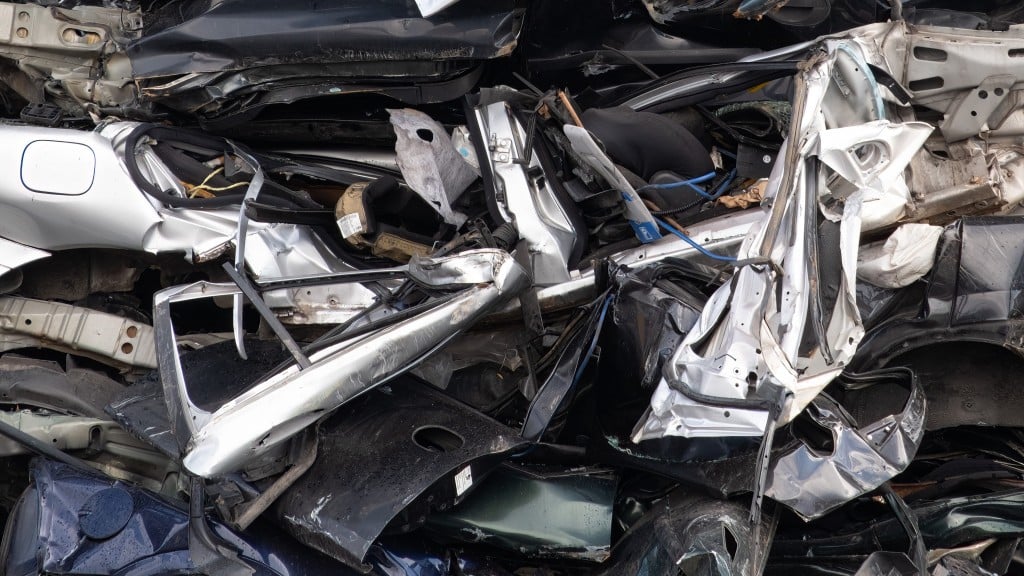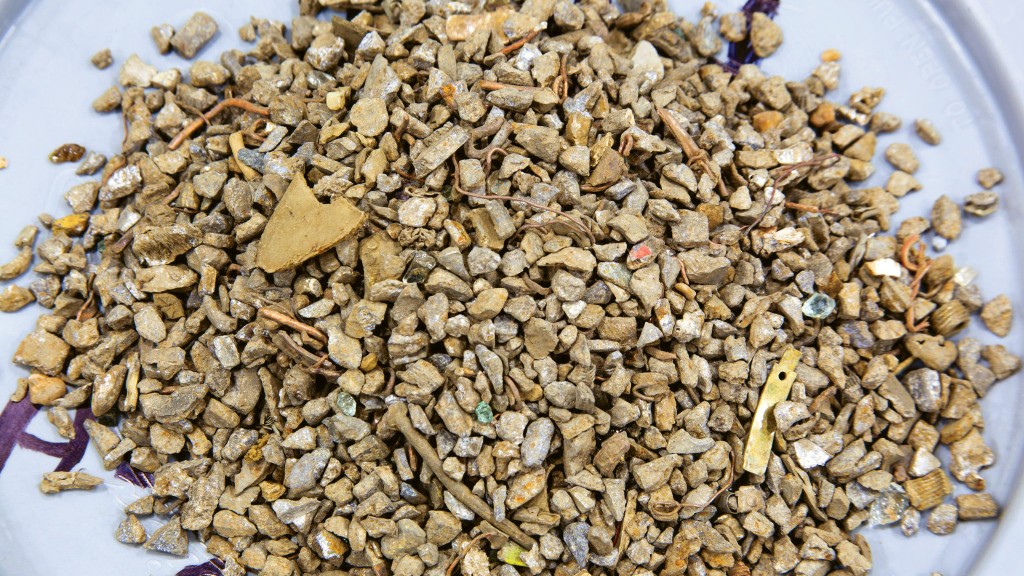What Is Vesper? Breaking down the new scrap spec for aluminum
As demand for recycled aluminum rises, Vesper aims to preserve high-value scrap

A new recycled aluminum scrap grade is making waves across the metal recycling industry following its introduction at this year's Recycled Materials Association (ReMA) Convention and Exposition.
Developed in collaboration between ReMA and Novelis, Vesper is designed to meet the rising demand for high-quality recycled aluminum, especially from the automotive and construction sectors.
Gabriella Vagnini, managing editor of Aluminum Market Update at CRU Group, says that recycled metal consumption will need to rise by 40 percent by 2029 to meet the projected demand for semifinished aluminum products. Vesper is expected to aid in meeting these targets.
What is Vesper?
Vesper creates a new market by separating Twitch — an aluminum-dominant shredded metal — from Zorba, a mixed non-ferrous stream typically recovered from auto shredding. While Zorba contains a high percentage of aluminum, it also includes copper, brass, zinc, stainless steel, and other metals.
By isolating the aluminum-rich Twitch and refining it further, Vesper produces a more consistent wrought aluminum feedstock for downstream processors. The closed-loop recycling system connects producers, scrapyards, and end users — like vehicle manufacturers — to recover and refine high-quality aluminum scrap, keeping it in the supply chain instead of downcycling it into lower-value products.
Technical requirements for Vesper
The material must also contain no more than:
- 1 percent free magnesium
- 1 percent free zinc
- 0.50 percent analytical iron
- 1 percent nonmetallics
Vesper has strict contamination limits and quality controls. It must be free from excessively oxidized material, airbag canisters, and sealed or pressurized items that could pose safety risks or affect processing.
Why is Vesper being introduced?
Vesper was introduced in response to the growing volume of aluminum-intensive vehicles reaching their end of life, as well as the limited availability of clean recycled aluminum. The new spec closes the gap between mixed shredded grades and the high-purity material needed for advanced aluminum applications.
Gary Gallo, senior manager of end-of-life recycling at Novelis, says the amount of wrought aluminum in Twitch — the aluminum-rich fraction separated from Zorba during shredding and sorting — is expected to rise sharply by 2030, creating new urgency to recover more value from this stream.
Twitch is typically used in secondary cast alloys like A380 which locks high-quality wrought aluminum into lower-grade applications, making it difficult to support closed-loop recycling goals. With demand for recycled aluminum growing and scrap supplies tightening, better separation of cast and wrought aluminum is becoming a top priority.
"It's not just Novelis looking for this material," Gallo says. "Every wrought producer is trying to do the same thing we are globally."
Unlike most scrap specifications developed after a commodity is actively traded, Vesper was created proactively. Novelis partnered with ReMA to define a new grade for a material still emerging in the market, helping to build demand and support a more circular supply chain.
"There are 100 other specs out there for different products that we all trade in," says Neil Byce, owner of CW Metals. "Vesper is the newest one, and it is probably the most interesting that we've done because it's so cutting edge. What else is interesting is that it's one of the first moments that marks this true collaboration between folks like Ford and Novelis and recyclers all coming together to try to create something that is workable."
Recyclers respond
While the rollout of new scrap specifications often raises concerns, Vesper may represent a shift toward more collaboration between recyclers and consumers. Byce notes that many recyclers carry long-standing concerns surrounding decision-making processes, especially around closed-loop systems and export controls.
"What makes that scary is the uncertainty and the fact that someone may be dictating it to you, and that it's not inclusive, and it doesn't feel collaborative," says Byce. That skepticism, rooted in years of navigating market volatility and policy shifts, is hard to shake, but Byce notes that the development of this new spec signals a willingness from producers to involve recyclers early in the process and work toward mutual goals.
New opportunities for scrap processors
The new specification is expected to create new opportunities in both domestic and global scrap markets. By clearly distinguishing between Twitch and Zorba, the spec supports the recovery of high-quality wrought aluminum from mixed streams, helping to shift valuable material away from downcycling into lower-grade cast alloys.
Gallo emphasizes that Vesper is not designed to compete with existing clean feedstocks like dealer sheet or extrusion scrap, which already support high-end markets. While some crossover is expected, Gallo says pricing will play a key role in maintaining the integrity of these streams and believes that consistent specs and strong purchasing signals will drive adoption.
What comes next?
The grade has received preliminary approval from ReMA's Nonferrous Division, with final board approval expected in July. If approved by ReMA's board of directors, Vesper will become an official specification and part of the ongoing effort to update and refine nonferrous scrap standards. Its success will depend on broad adoption by processors, traders, and end users — and on how well it meets the demands of a changing supply chain.




